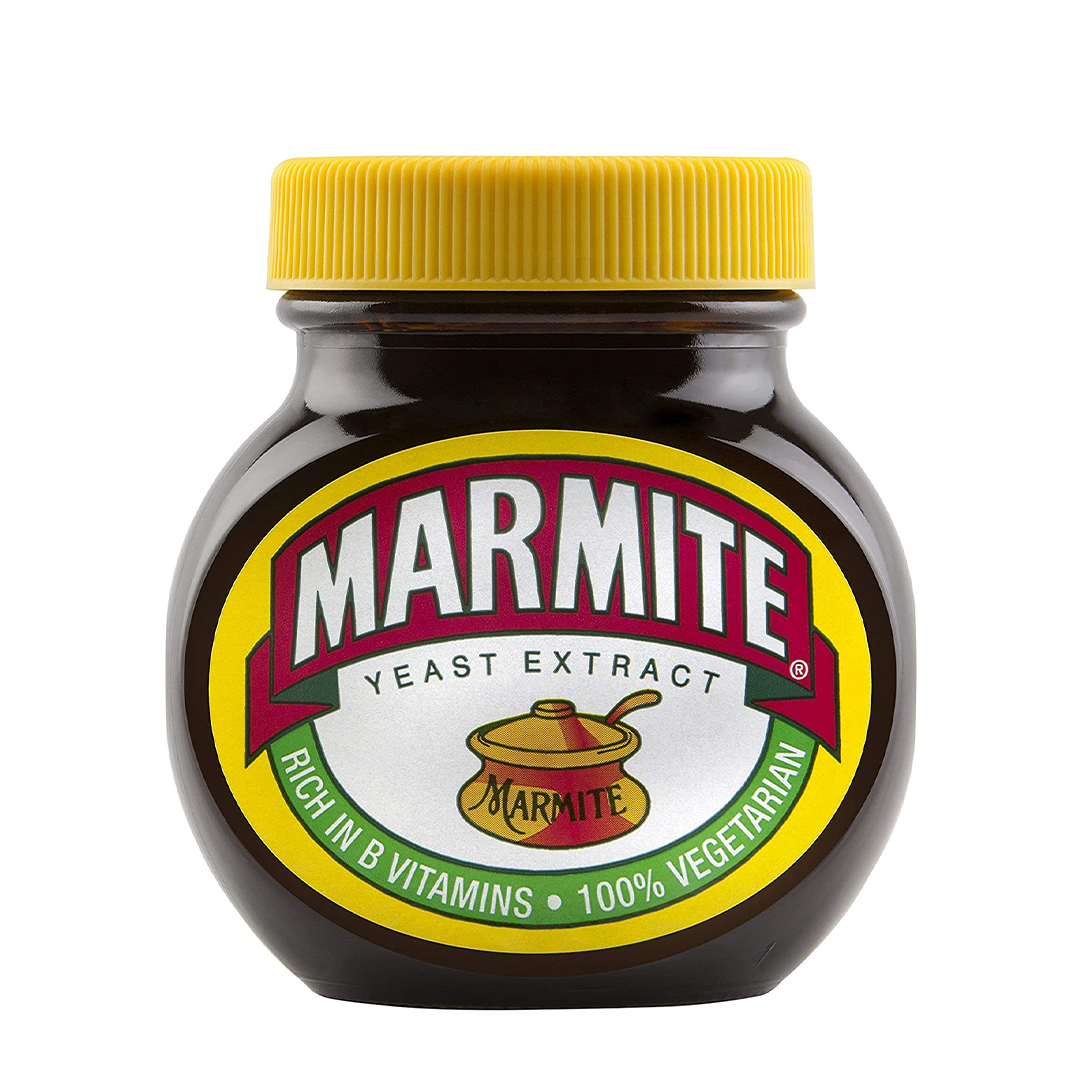I’m sick of having to look up what country an author is from to know which variant of teaspoon they’re using or how big their lemons are compared to mine. It’s amateur hour out there, I want those homely family recipes up to standard!
What are some good lessons from scientific documentation which should be encouraged in cooking recipes? What are some issues with recipes you’ve seen which have tripped you up?
This would only make sense, if all people were baking with the exact same ingredients, in the exact same environment, with the exact same equipment. You know, like in a factory.
For households and the like, it makes sense to have a bit of variation, until you find the way that makes it perfect for you.
People should try to think of recipes as performance notes, not as magical formulas. “This is how I made this, this time.”
Recipes should be written with the quantities in the procedure. So instead of reading
Mix flour, salt and sugar in a large mixing bowl
It should be
Mix flour (300g), salt (1/4 tsp), and sugar (20g) in a large mixing bowl
That way you don’t need to read/refer to ingredient list, read/refer to ingredient list, etc
I really appreciate the recent trend of some cooking websites to do this on mouseover. Best of both worlds for readability and convenience. Not great when you’re in the kitchen and not using a mouse, I’d hope a mobile or printable version just writes it out like you did there. Love Auto scaling recipes too where you can click to adjust number of servings, bonus points if they have some logic so they don’t tell you to use .71 eggs or something.
Autist and scientist here: you’re thinking of baking. Baking is the science one, cooking is infuriating because all of those really vague and inaccurate instructions are in fact as precise and accurate as they need to be. Seasoning is done with the heart, you do have to stir or knead u ntil it “looks right”, “a handful” is the right amount to add. The only way to find the “right” amounts is to cook over and over until you instinctively know what enough looks like.
Anyway the ingredient I really really hate is from Jamie Oliver’s “working girl’s” pasta, where he lists “2 big handfuls of really ripe tomatoes”. I HAVE CANNED TOMATOES YOURE GETTING CANNED TOMATOES JAMIE, I DONT HAVE FUCKING TIME TO GO LOOKONG FOR REALKY RIPE TOMATOES
Also standard teaspoon is 5ml. Just use that and taste to see if it needs more.
This may be true for experienced cooks but beginners need more precise instructions that are not “Until it tastes good”.
Thinking back on being a beginner, my problem wasn’t that instructions were imprecise, but more that I didn’t interpret “to taste” as a real instruction. It means I should fucking taste my food as I go, when at the time I would just taste it at the end.
So many bad meals can be avoided by sampling them over time and adjusting. I should know, having made too many.
I would classify this as an example of cooking logic (my own phrase) that needs to be learned. A lot of good recipes will assume the cook understands fundamental concepts like this, but it’s not necessarily the recipe’s job to teach you. Same as how IKEA assembly instructions might seem cryptic at first, but really boil down to using 3-4 different techniques to screw wood panels together. I do think there’s a general lack of awareness that cooking has a separate logic, and this means a lot of people never teach it to others.
Just like I usually dont.
So for example, I taste the water before I boil my pasta to see how salty it is.
Hardly undersalted the pasta so far.
Can’t say I do it always for the other cookings ;)
Yes, and I’m explaining that a significant part of being an experienced cook is just the understanding that cooking isn’t precise. You do not need to work out what sized teaspoons the author was using, just get any of the teaspoons out of your drawer, fill it up, mix it in, and then taste to see if it seems ok. The final result will depend on factors you can’t control for - the conditions ingredients were grown in, the age of spices when they were ground, the specific cultivar you’re using - and the author doesn’t have your personal tastes, so while they can tell you the ingredients to use they can’t give you the precise amounts that you’ll enjoy. To find that out you need to make the dish repeatedly with small adjustments until you hone in on your tastes.
That may be true.
But for anyone not reading it and getting instructions like “Go by feeling” when I don’t even know if the dish tastes as it should be is like requesting me to run before I can even walk.And this cooking lession will sooner or later be revealed to a beginner but it’s very frustrating to think one cannot cook while it’s just a smaller skill-issue someone needs to overcome.
I know it feels that way - believe me, I mentioned I’m autistic for a reason, and that reason is I had plenty of meltdowns over the impreciseness of instructions before getting it - but it’s not running before you can walk, it’s walking before you run. Being precise and scientific about your cooking is the Olympic sprint of cooking, the high level michelin-starred stuff, not worrying about precision is the first teetering steps that lets you start to refine your technique.
I was a professional chemist for around ~7 and love to cook. My suggestion is to stop expecting precision with an imprecise and natural product like cooking. Are your lemons larger? They also might be sweeter, tarter, juicer etc. than others. Same thing with teaspoons. The spices you are using may be more or less concentrated than who wrote it.
Lean into the uncertainty and be free. Double or even triple spices to see if you like it. Measure with your heart
Not a scientist, but an easy improvement would be to use weight instead of volume for most measurements. “A cup of flour” can vary greatly depending on how compressed/dense it is.
Cooking is not a standardized or reproducible process at home, because the variables outside of anybody’s control. Modern mass recipes give only the illusion of being reproducible algorithms, but they will never achieve that.
Grappling with the complexity of different tooling, supply chains, seasonality and so on, all within a recipe, is a futile effort. That complexity must be handled outside the recipe.
I don’t
- Crack open 11% alcohol IPA that taste like battery acid
- Start cooking
- When in doubt, pour the IPA into the meal
Perfect meal everytime
So you’re basically telling chefs to research and write out for you all the variables?
Baking is a science, cooking is an art.
Every recipe handed down through generations has notes, changes, etc…that’s what makes it beautiful.
I am lucky to have my grandmother’s cook book with 3x5 index cards hand written, with the date and whom the recipe is from…but I don’t use lard in her Ginger Bread recipe from 1932.
There is no exact science you’re looking for, the garlic grown here won’t be the same as the garlic grown there, your experience won’t be the same as someone who has cooked for years saying ‘fuck it, throw that in there and let’s see what happens’.
…lol, amateur hour
(to be clear, I was saying ‘amateur hour’ tongue-in-cheek ;)
I am lucky to have my grandmother’s cook book with 3x5 index cards hand written, with the date and whom the recipe is from…but I don’t use lard in her Ginger Bread recipe from 1932.
That’s wonderful! All I got was a disintegrating notebook of delights. I do like deciphering it but not when I’m hungry!
I get it!
Now to really boil your noodle I used to work with a lot of (French) chefs who when they wrote out recipes for magazines and such (pre internet) they DGAF if it was accurate or not… “if zey screw eet up, zey sink it is zere fault”
Haha I wonder if they just didn’t want to share their secrets!
The only secret French chefs have (and they will deny this) is that they love Ketchup






